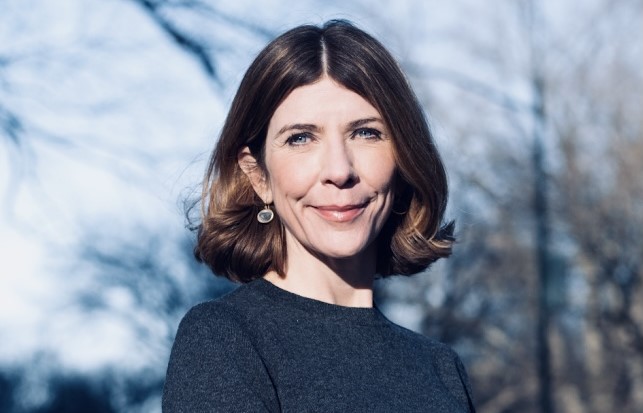“Blah, blah, blah, alphabet soup”: Alison Taylor, author and NYU professor, on the problems with ESG

Professor at NYU Stern Business School, author of summer must-have topics and LinkedIn influencer on the problems with ESG and the big questions that still need to be answered
Earlier this year, Alison Taylor, clinical professor at NYU Stern Business School, published a book entitled Higher Ground: How Companies Can Do the Right Thing in a Turbulent World – a title that made it onto the Financial Times’ list of best summer books of 2024.
She speaks to Governance Intelligence’s sister publication, IR Magazine, at a time when ESG – an area of expertise of Taylor’s – has indeed become turbulent. While companies once felt pressured to make statements supporting ESG, many now feel they can’t win no matter what they do. And Unilever is a perfect example of this, says Taylor, pointing to coverage of the company’s “more realistic” approach to ESG as “dilution” as just one example.
But Taylor welcomes Unilever’s new four-pillar approach – focusing on plastics, nature, livelihoods and climate – and points out that the company has replaced “broad” narratives with concrete targets. “We need companies to focus on things that are immediately relevant to their business model. They need to be much more realistic,” Taylor says.
Taylor used to be an investigator at Control Risks and spent a lot of time with ethics and compliance teams, bankers and legal advisors. “When I moved into sustainability consulting, it was like a Alice in Wonderland: Through the Looking Glass moment,” she says. “The whole vision of the company, that ESG people and the legal and compliance people were not talking to each other, that the companies were operating with completely different ideas and frameworks.”
“One thing you find as an investigator is that the facts don’t matter,” she continues. “It was very clear that they wanted to check the box and close the deal. And I was just getting yelled at by so many bankers.” When she moved into ESG in 2015, she was “completely overwhelmed by this world, by the jargon, and by how we ended up having an ethics and compliance department that deals with the law and this other department that deals with human rights, climate change, inclusion, and wonderful things for animals. How did that happen? What are we trying to accomplish? Those are the questions I’ve been trying to answer ever since.”
Inconvenient ESG
Taylor, who describes herself as a “big picture person,” entered the ESG world a year before Donald Trump was elected US president. “There was a huge increase in the number of companies speaking out and getting involved in social and political issues,” she recalls, describing the trajectory ESG has taken as a kind of “Trump story.”
She speaks of the 2019 Business Roundtable as the “high point” of advancing stakeholder capital, but Taylor always warned that it would end badly. “You have Larry Fink and everyone yodeling about stakeholder capitalism. Then we have the pandemic and George Floyd and a big reckoning with racism. Since then, we’ve seen Russia invade Ukraine, and it’s starting to get a little more inconvenient. Then the end of Roe versus Wade. And it’s really inconvenient.”
“Now we have Israel and Palestine and everyone is desperately trying to get out of the (political and socially critical) hole they maneuvered themselves into in 2018-2019.”
On LinkedIn, where she has over 50,000 followers, Taylor describes herself as someone who wears “many hats and even more opinions” – and she is certainly not afraid to address the issues surrounding ESG.
“We have the worst of both worlds,” she explains. “Companies are using this as PR and diverting attention from the political process by suggesting that these companies are solving problems that they are not solving.” This, in turn, has opened the door to the greenwashing backlash.
Click here to read the full article on IRMagazine.com.


